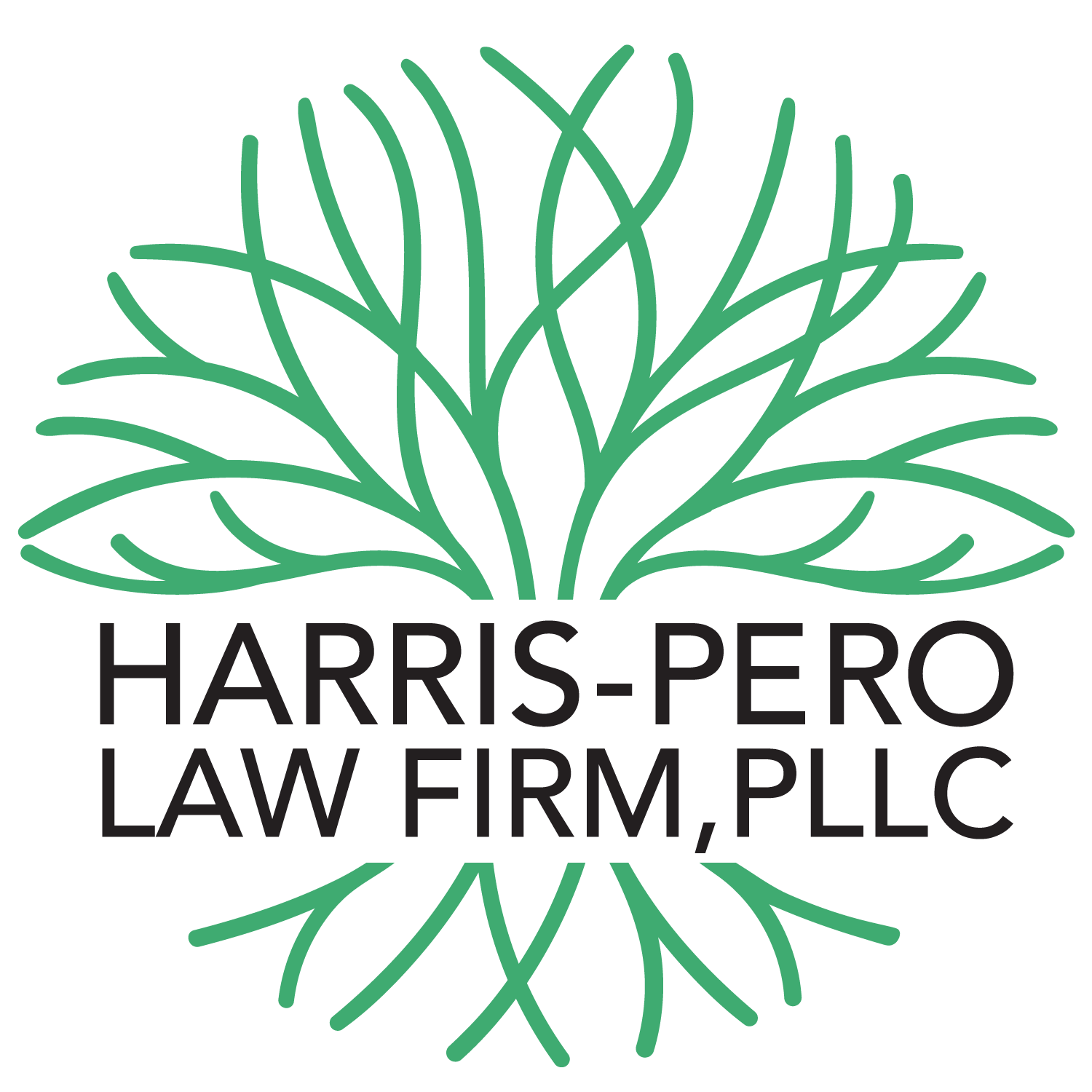Farm Succession Planning
Video series helps farmers protect land, business, family & future
At the Harris-Pero Law Firm, we provide farm succession planning to help farmers protect their land, business, family and future. We can help you set a course working with us and with other advisors - developing and implementing strategies to transfer labor, knowledge, skills, management, decision making and ownership of a farm to the next generation, whether a family member or new owner.
In some cases, farm succession planning may include the search for a future owner. It can also involve specific legal steps to preserve the land for agricultural use or as open space.
Megan Harris-Pero founded the firm with a desire to help farmers. A LeadNY Class 16 graduate, she participated in Cornell University’s agricultural leadership program and serves on the board of the Agricultural Stewardship Association, an organization committed to conserving farmland. She and the team assist many agricultural clients and have collaborated with Hudson Valley AgriBusiness Development Corporation (HVADC), Adirondack Land Trust, NYC GreenMarkets, NY FarmNet, Cornell Cooperative Extension, New York State Agricultural Mediation Program and many other farming organizations to assist in farm succession and farm transition.
In this video series, she walks through the key components of farm succession planning with Chris Jage of the Adirondack Land Trust.
Click each image to watch the video.
In this first video with Adirondack Land Trust, Megan Harris-Pero explains farm succession planning from an attorney’s perspective. She describes it as setting a course for the business, which may include estate, management, financial and retirement planning.
Learn why Harris-Pero often starts with putting the senior farmer’s personal estate plan in place (will, power of attorney and health care proxy). She also explains why having a team that includes attorneys, business consultants, family consultants, financial advisors, and tax professionals can help make farm succession go as smoothly as possible.
For farmers who have not yet identified a successor, she provides valuable resources, including alternative ways for preserving land for agricultural use. She also explains why farm succession is most successful when it occurs over time.
Be sure to check out additional resources for farmers at the end of the video.
In this second video with Adirondack Land Trust, attorney Megan Harris-Pero answers a frequent question from farmers: “What should I know before visiting an attorney?”
To put together the best possible plan, Harris-Pero says farmers should figure out their goals before starting the farm succession process. Questions to consider may include:
• What do I want to do with my land and assets?
• Who should be my successor?
• What income will I need for retirement?
• Will I need to sell any land or assets to help pay for nursing home care?
Because attorneys use a variety of tools, including trusts and limited liability companies (LLC) , to protect both farmer and land, Harris-Pero says every plan is unique.
Feeling comfortable with an attorney is also critical, as Harris-Pero says a senior farmer and other family members will likely work with that person for years as the succession plan is executed, and when changes or issues emerge.
Be sure to check out additional resources for farmers at the end of the video.
In this third video with Adirondack Land Trust, attorney Megan Harris-Pero breaks down ways that elder care costs in New York can impact farmers. Admitting she has never met a farmer who wants to live in a nursing home, she says planning for the unexpected is a still critical piece of farm succession planning. Especially in some of New York’s rural counties, where Medicaid coverage of home care can be tricky or unavailable.
Harris-Pero also walks through potential ways to pay for long term care, explaining perks and drawbacks of qualifying for Medicaid, using long-term care insurance or selling off assets.
Of particular concern for farmers: how assets are held and where parcels are located can impact Medicaid eligibility. She also warns that New York State may try to recover the cost of care after a farmer passes away – in the form of a surprise bill or lien against the farm property.
While it is never too early to think about estate, retirement, and succession planning, watch the video to learn what age Harris-Pero says farmers should be talking to an attorney to best protect themselves and their farm.
Be sure to check out additional resources for farmers at the end of the video.
In this fourth video with Adirondack Land Trust, attorney Megan Harris-Pero discusses the roles of LLCs and trusts.
Harris-Pero explains that trusts are estate planning tools for personal assets, whereas an LLC is used for businesses. LLCs are popular with farmers because of their flexibility, but Harris-Pero says they also stay in place after a farmer passes. This helps keep the farm running and avoids issues around buy-sell agreements, including partition sales.
Comparing a revocable and irrevocable trust to a farmer’s truck and tractor, she goes through the benefits of each, including why many farmers can save money by putting both an LLC and a trust in place.
Of particular concern to farmers: why land assets can be tricky in qualifying for Medicaid and the New York State STAR exemption. Harris-Pero also addresses limitations of using a life estate, why farms may use multiple LLCs for different businesses or heirs and why a DBA doesn’t provide liability protection.
Be sure to check out additional resources for farmers at the end of the video.
We work with farmers and agricultural businesses across New York State. If you have questions about farm succession planning, are ready to start the process, or would like to speak with a farmer we work with, contact us today.




